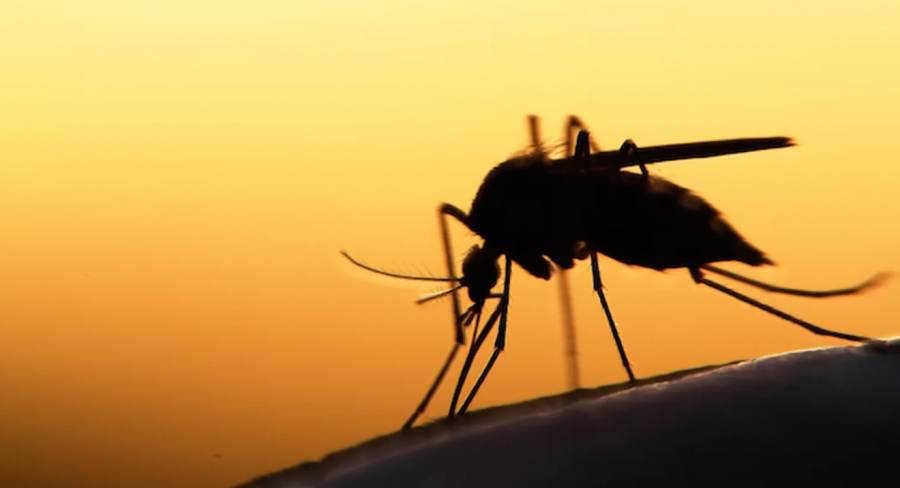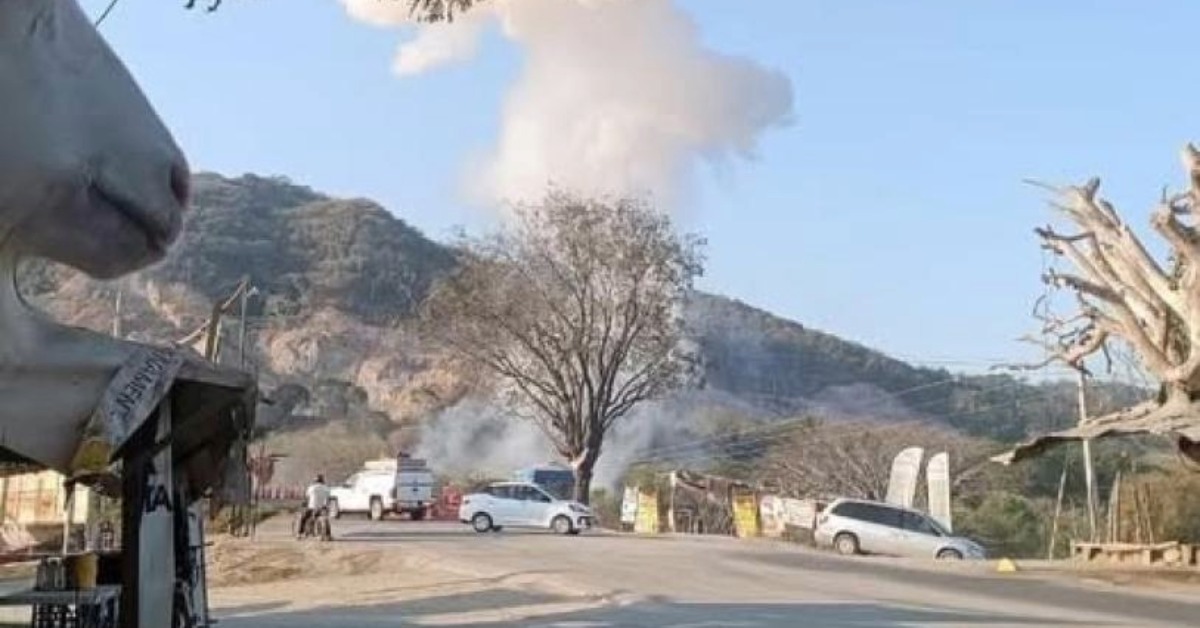The federal government of Mexico has not purchased insecticides to battle the mosquito that causes dengue, and deaths from the disease have increased by 250% this year alone.
During the first five months of 2019, 42 people have died due to dengue, when in 2018 there were 12 deaths due to this disease.
21,776 cases of dengue have been recorded so far this year, four times more than the previous year, when there were 5,711 confirmed cases in the first five months of 2018.
More than 8 thousand cases this year are listed as "dengue with warning signs . . .






